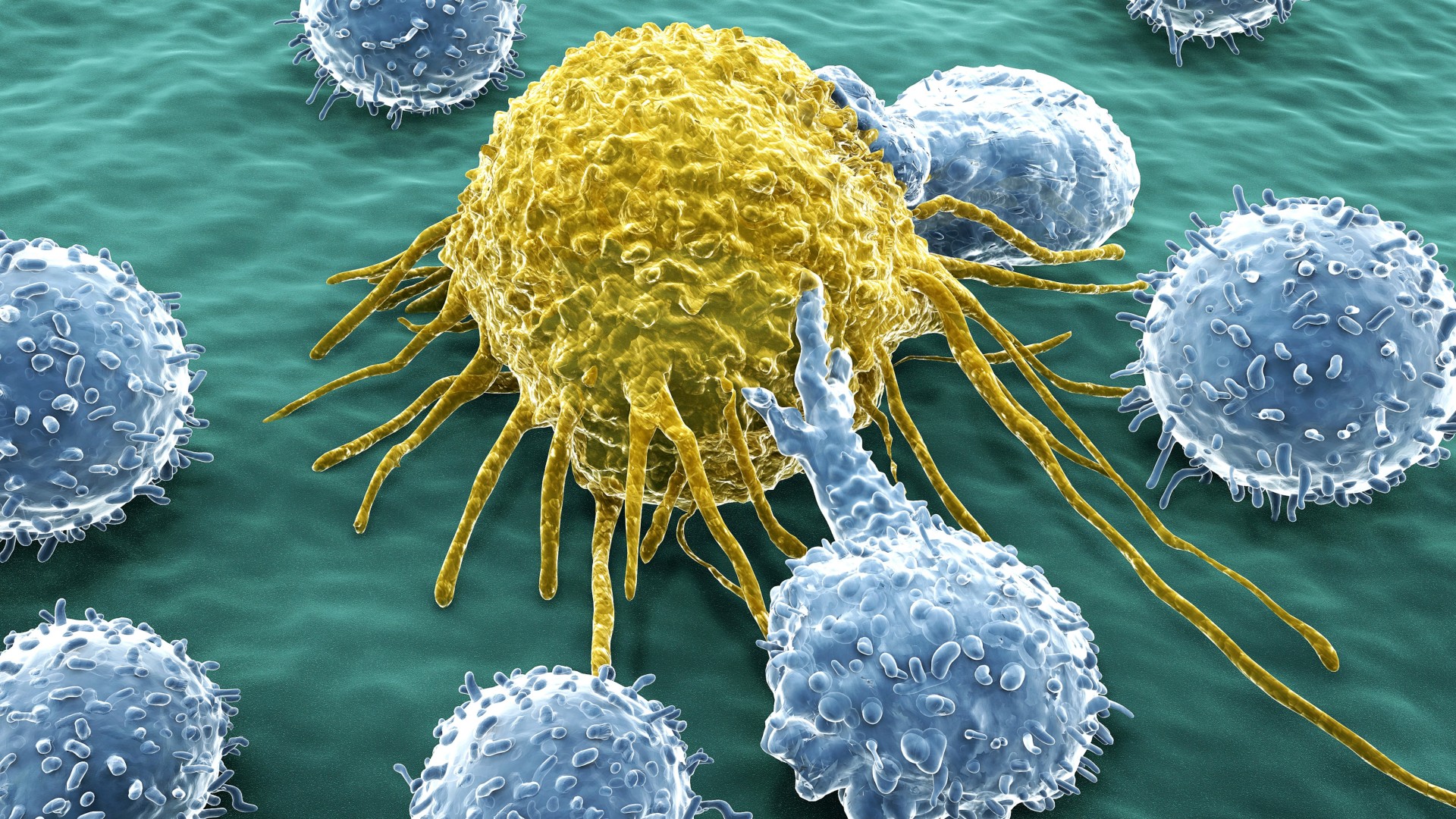Four leading biologists are among ten scientists to have been awarded the esteemed Gottfried Wilhelm Leibniz Prize for their research, the German Research Foundation (DFG) announced Dec. 11.
Maria-Elena Torres-Padilla, Volker Haucke, Ana Pombo and Robert Zeiser were selected out of 142 people to receive the 2025 Leibniz Prize for their respective research in cell biology, neuroscience, biochemistry and cancer. They will each receive 2.5 million euros, equivalent to approximately $2.6 million, in prize money.
Beyond biology, additional prizes were awarded to philosopher and mathematician Hannes Leitgeb; chemist Bettina Valeska Lotsch; physicist Wolfram Pernice; computer scientist Daniel Rückert; mathematician Angkana Rüland; and theologian Michael Seewald.
Established in 1985, the Leibniz Prize is considered Germany’s most prestigious scientific award and is bestowed upon up to 10 scientists every year. Per the DFG website, the award aims to “honor outstanding scientists and academics, expand their research opportunities, and help them employ particularly qualified early career researchers.”
Related: 2 scientists snag Nobel in medicine for discovering ‘microRNAs’
As of 2024, 12 past prizewinners have later gone on to be awarded a Nobel Prize, including the Swedish geneticist Svante Pääbo in 2022 for his work on sequencing the Neanderthal genome and German developmental biologist Christiane Nüsslein-Volhard in 1995 for her discoveries on the genetic control of early embryonic development.
Maria-Elena Torres-Padilla, the first of the prize-winners, is Director of the Institute of Epigenetics and Stem Cells at Helmholtz Munich in Germany. Her work focuses on reprogramming mature cells to resemble those found in early embryos, which have the ability to become any type of cell — a trait known as totipotency. This means that you can create what Torres-Padilla calls “cells à la carte,” which can be used to develop personalized therapies for particular diseases.
“By reprogramming cells back to totipotency — a very early embryonic state — we are conceiving transformative therapies that range from neurodegenerative diseases to brain injuries and leukemia,” Torres-Padilla said in a statement in response to receiving the award.

Another award recipient, Volker Haucke, is a director of the Leibniz-Forschungsinstitut für Molekulare Pharmakologie research institute in Berlin. He studies how neurons absorbing substances from their surroundings plays a fundamental role in shaping how they communicate with one another and stay healthy. His team hopes to use this knowledge to develop new therapies for neurological and neurodegenerative disorders, including Alzheimer’s disease.
Ana Pombo, a professor of biochemistry at Humboldt University of Berlin, has also been recognized for her discoveries related to the organization of chromosomes that are said to have led to a “new understanding of gene regulation and the underlying structures within the cell nucleus.” These discoveries may help reveal how certain diseases that are sometimes tied to chromosomal abnormalities, such as autism and epilepsy, may arise.
Lastly, cancer biologist Dr. Robert Zeiser has been awarded the 2025 Leibniz Prize for his “groundbreaking work on the treatment of blood cancer.” Zeiser, who is director of the Department of Stem Cell Transplantation and Deputy Medical Director at the University of Freiburg in Germany, studies how tumors manage to evade the body’s immune defences, particularly in the case of leukemia and skin cancer.
These scientists will join the six other awardees, who were recognized for their work in other fields ranging from experimental physics to artificial intelligence, at the official award ceremony on March 19, 2025.
Ever wonder why some people build muscle more easily than others or why freckles come out in the sun? Send us your questions about how the human body works to community@livescience.com with the subject line “Health Desk Q,” and you may see your question answered on the website!
